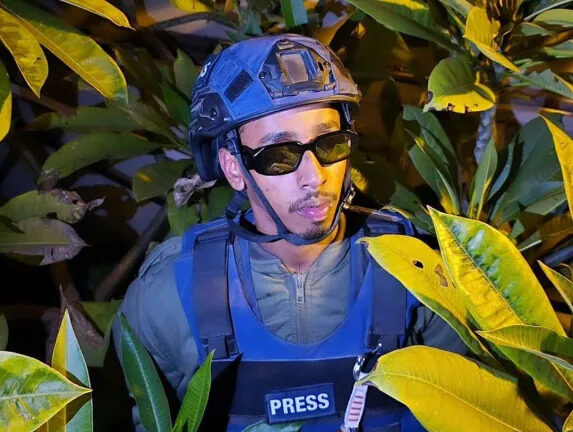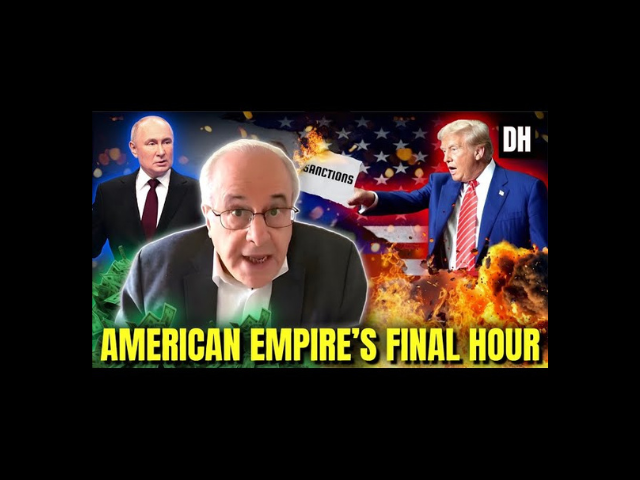Understanding the Ceasefire Dilemma in Israeli Politics
The ongoing conflict in Lebanon has presented a complex dilemma for Israeli Prime Minister Benjamin Netanyahu, particularly regarding his trust in ceasefire agreements. The dynamics of the Lebanon conflict are heavily influenced by Netanyahu’s perception of ceasefires as a means to stabilize the region. His belief in the effectiveness of these agreements is crucial; however, it is often challenged by the realities on the ground. Hezbollah, the militant group based in Lebanon, exerts significant pressure that complicates Netanyahu’s strategy for achieving a lasting peace. This pressure not only tests his resolve but also raises questions about the feasibility of any ceasefire arrangement that he might propose.
Hezbollah’s military capabilities and its willingness to engage in conflict create a challenging environment for Netanyahu. The group operates under a different set of incentives than those typically associated with state actors. For Netanyahu, the desire for a ceasefire is often at odds with the need to project strength and secure a decisive victory against Hezbollah. This tension between the aspiration for peace and the necessity of demonstrating military superiority complicates the ceasefire strategy and raises doubts about whether Netanyahu can effectively navigate the political landscape to achieve his goals.
Netanyahu’s Trustworthiness: A Critical Analysis
Netanyahu’s trustworthiness is a cornerstone of his political strategy, especially when it comes to negotiating ceasefires. His credibility is not merely a personal attribute; it is essential for establishing a lasting ceasefire in the context of the Lebanon conflict. For any ceasefire to hold, it requires not only the commitment of the Israeli government but also the perception of that commitment by Hezbollah and the broader Lebanese populace. If Netanyahu’s trust is perceived to be lacking, any agreement he brokers may be viewed as weak or temporary, undermining its effectiveness.
The pressure exerted by Hezbollah serves as a critical test of Netanyahu’s credibility. As the group continues to challenge Israeli interests, Netanyahu’s ability to project strength becomes paramount. If he appears to be yielding to pressure, it could erode his standing domestically and internationally. This dynamic complicates the landscape for ceasefire negotiations, as Hezbollah may interpret any concessions as a sign of weakness, prompting them to escalate their demands or military actions. Thus, the interplay between Netanyahu’s trustworthiness and Hezbollah’s pressure becomes a pivotal factor in the ongoing conflict.
Hezbollah’s Response to Ceasefire Proposals
The response of Hezbollah to ceasefire proposals is a significant variable in the Lebanon conflict, particularly concerning Netanyahu’s trust. As Netanyahu attempts to negotiate peace, he faces the challenge of maintaining his credibility while responding to Hezbollah’s aggressive posture. The militant group often perceives ceasefire proposals as opportunities to consolidate their gains rather than as genuine efforts towards peace. This perception can lead to an erosion of Netanyahu’s trust, as any failure to achieve a decisive victory may be interpreted as a lack of resolve.
Moreover, the pressure for victory complicates Netanyahu’s ceasefire strategy. If Hezbollah senses that Israel is seeking a ceasefire out of desperation or a desire to avoid further conflict, they may feel emboldened to escalate their military actions. This creates a paradox where Netanyahu’s attempts to negotiate peace could inadvertently undermine his position, leading to a cycle of mistrust and conflict. In this context, the dynamics of the Lebanon conflict become increasingly intricate, as Netanyahu must navigate the delicate balance between pursuing peace and demonstrating military strength.
The Interplay of Military Strategy and Diplomatic Efforts
Netanyahu’s trust in ceasefires significantly impacts Hezbollah’s conflict strategy. The militant group continually assesses the political and military landscape to determine its next moves. If Netanyahu is viewed as weak or indecisive, Hezbollah may feel more confident in pursuing aggressive tactics, knowing that a lack of trust in Netanyahu’s commitment to a ceasefire could lead to a breakdown in negotiations. This interplay between military strategy and diplomatic efforts is crucial for understanding the broader implications of the Lebanon conflict.
The pressure on Netanyahu also influences Lebanon’s ceasefire negotiations. As the Israeli Prime Minister grapples with the challenges of maintaining his credibility, he must also contend with the broader geopolitical implications of his decisions. Any misstep could have repercussions not only for Israel but also for regional stability. This pressure creates a complex web of interactions, where military actions, diplomatic overtures, and public perceptions all intersect. The outcome of these negotiations is often contingent upon Netanyahu’s ability to project strength while simultaneously engaging in meaningful dialogue with Hezbollah.
Long-term Implications for Israel-Lebanon Relations
The long-term implications of Netanyahu’s trust in ceasefires are profound, particularly concerning Hezbollah’s future actions. If Netanyahu is unable to establish a credible ceasefire agreement, it could embolden Hezbollah to pursue more aggressive strategies, further entrenching the cycle of violence. This would not only complicate Israel’s security landscape but also hinder any prospects for a lasting resolution to the Israel-Lebanon conflict. The dynamics of trust and pressure create a precarious situation, where the potential for escalation looms large.
Furthermore, the pressure for victory complicates the resolution of the Israel-Lebanon conflict. As Netanyahu navigates the complexities of ceasefire negotiations, he must also contend with the realities of domestic politics and public opinion. Any perception of weakness could undermine his political standing, making it challenging to pursue a diplomatic solution. This interplay between military objectives and diplomatic efforts underscores the difficulties inherent in achieving a sustainable peace in the region.
In conclusion, the ceasefire dilemma facing Netanyahu is multifaceted, characterized by the interplay of trust, pressure, and military strategy. As he navigates the complexities of the Lebanon conflict, the implications of his decisions will resonate far beyond the immediate context, shaping the future of Israel-Lebanon relations for years to come. The challenge lies in balancing the need for a credible ceasefire with the imperative of demonstrating strength, a task that will undoubtedly test Netanyahu’s leadership and the resilience of the Israeli state.


